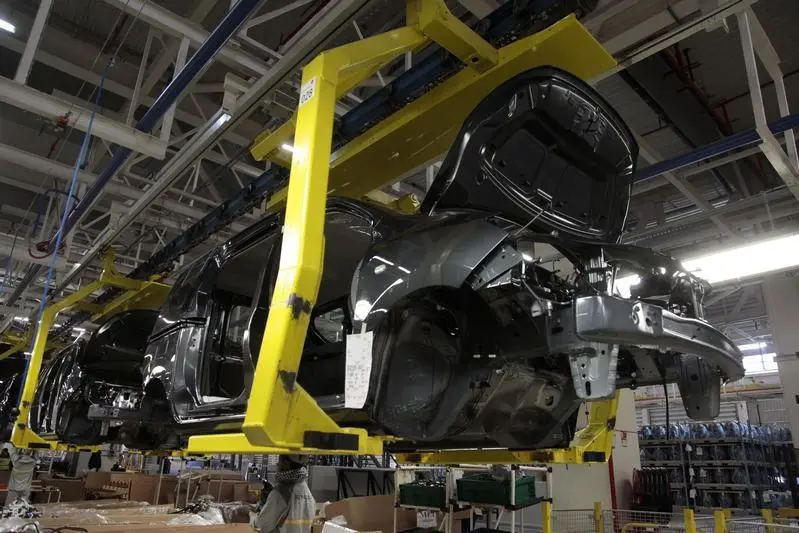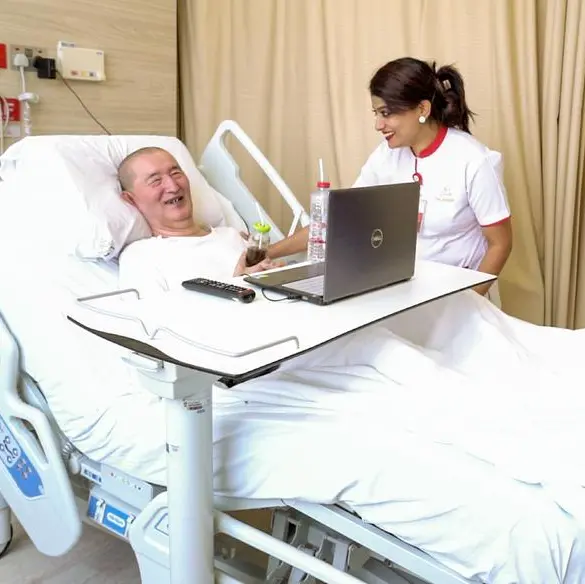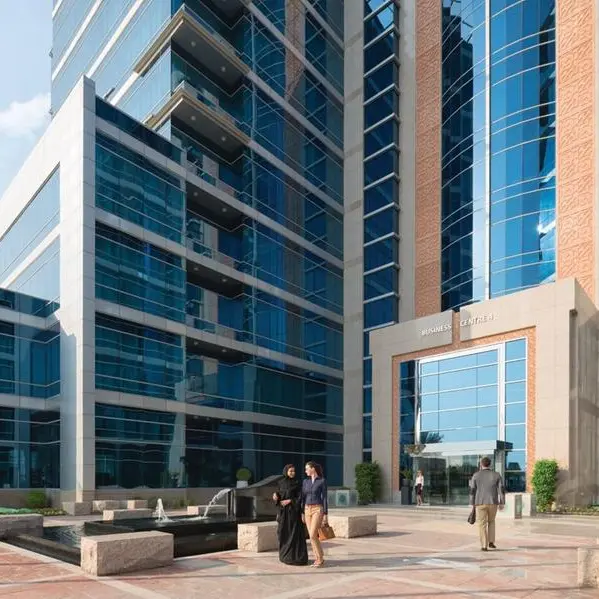PHOTO
In June France's Peugeot announced plans to open a new automotive factory in Kenitra, marking another positive development for Moroccan industry and adding weight to the country's status as an automotive manufacturing hub.
Construction work on the €557m plant is scheduled to begin in 2016, with the first vehicles expected to roll off the production line in 2019. The factory will have an initial production capacity of 90,000 vehicles per year when operations get under way, scalable to 200,000 units per annum, and will create up to 4500 jobs.
Regional reachPeugeot's decision to use the kingdom as a launching pad for regional expansion follows in the footsteps of Morocco's biggest automobile producer and fellow French car manufacturer, Renault, which opened factories in Tangier and Casablanca in 2012 with a combined annual capacity of more than 400,000 units.
Located some 47 km north of the capital Rabat, the new Peugeot factory will serve as a key contributor to the company's long-term goal of selling 1m vehicles in Africa and the Middle East in 2025. The factory has added further weight to the government's drive to construct a new deep-water port in the area, something that has been in the offing since 2010.
The Kenitra facility should also buttress the government's Industrial Acceleration Plan, which seeks to double the country's automobile production capacity to 800,000 vehicles by 2020 and increase employment in the sector to 165,000, up from around 75,000 at present.
Local contentPositive knock-on effects are also likely to be felt in related industries, such as parts manufacturing. According to statements from officials at Peugeot, the plant is expected to locally source 60% of components initially, rising to 80% as the local supply chain matures.
Morocco has aggressively sought to accelerate the development of the automotive and component segments, providing tax incentives and turnkey infrastructure across a number of dedicated areas, such as the Atlantic Free Zone (AFZ) in Kenitra. The 345-ha integrated industrial cluster was established in 2012 to accommodate the country's burgeoning automotive sector.
Like Morocco's other free trade zones, the AFZ encourages firms to make capital investments in exchange for a tax holiday for the first five years of operations, followed by an 8.75% tax rate over a 20-year period.
To date, the AFZ has attracted more than Dh2bn (€183.9m) worth of investments and created around 10,500 direct jobs, with eight projects already in operation. Most recently, the US-based car wiring specialist Delphi opened its third Morocco plant at the AFZ in November last year, bringing its local workforce to just under 10,000.
Human capitalHowever, future growth will hinge on Morocco's ability to source new demand and maintain a skilled workforce as momentum builds.
Thanks to investment in training centres and the Office of Vocational Training and Employment Promotion - a public vocational training body with more than 300 institutes across the country - there is a growing pool of skilled labourers working for competitive wages. The AFZ operates an onsite educational institute, which plays a key role in developing a labour pool to meet equipment manufacturers' demands, training 800 students in various automotive trades each year.
Furthermore, the kingdom's average monthly salary of €375, according to the Moroccan Investment Development Agency, is considerably lower than in Europe, which helps foreign manufacturers rationalise global production costs.
Driving productionThe initiatives are clearly yielding results. Morocco produced close to 232,000 vehicles last year, according to the International Organisation of Motor Vehicle Manufacturers, up 38.5% year-on-year. Production surged by 54% between 2012 and 2013 alone, fuelled in part by the inauguration of Renault's two assembly plants. Today, Morocco ranks as one of the largest car manufacturer on the continent, second only to South Africa.
The kingdom's automotive sector continues to be supported by its strategic location between Europe and a number of emerging markets in Africa, with its relatively stable political environment serving as an added advantage. The planned second phase of the AFZ - due to begin early next year - also bodes well for sustained expansion.
© Oxford Business Group 2015





















